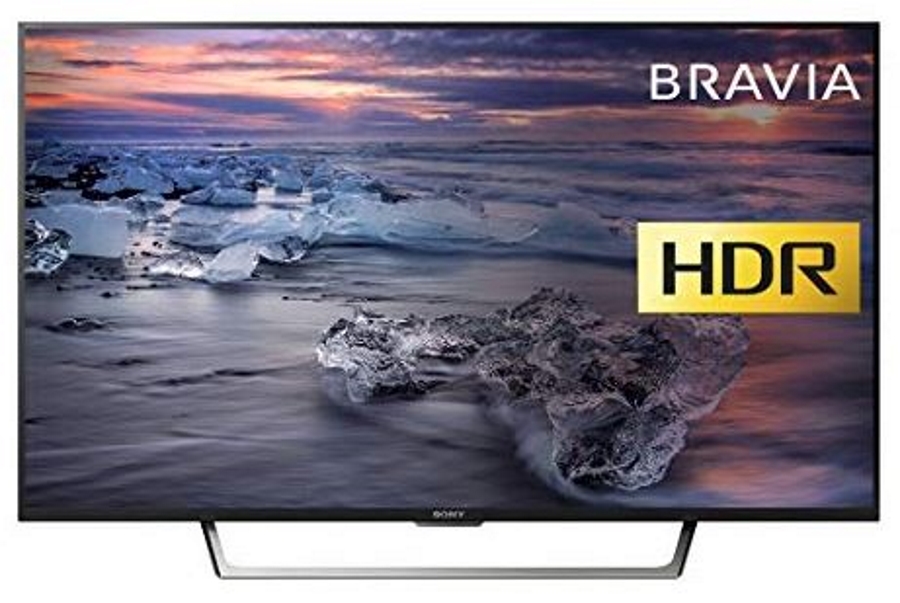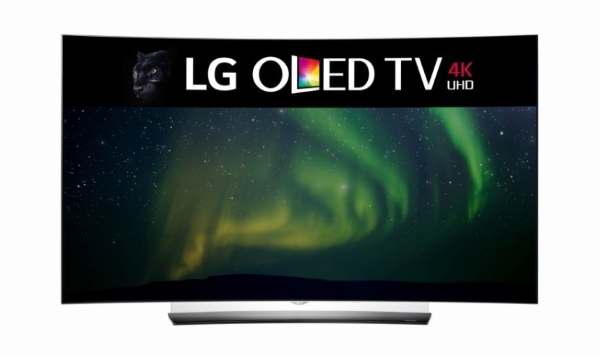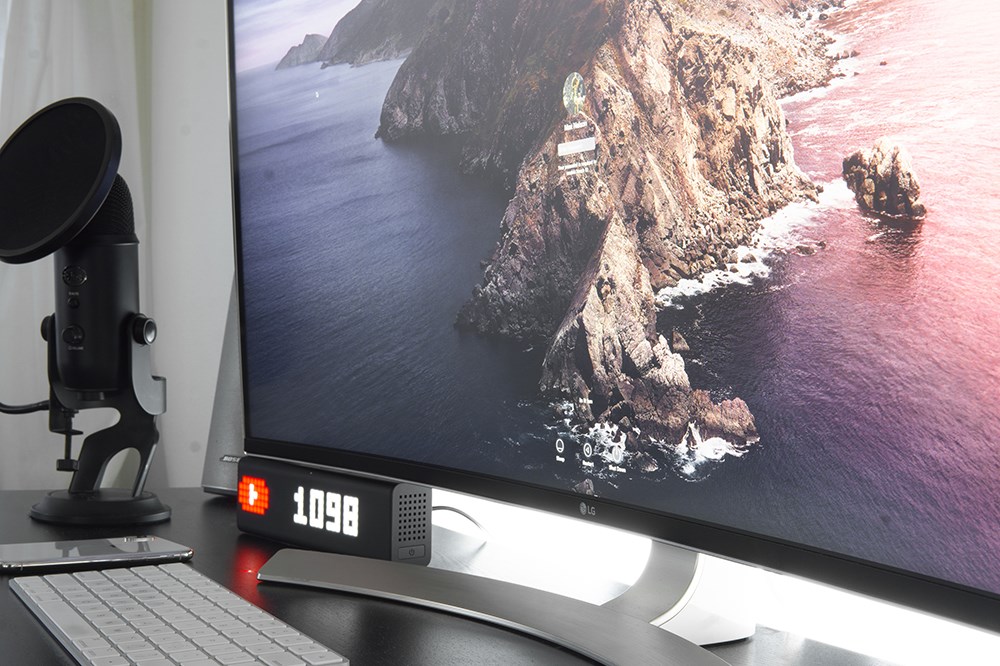Will HDR damage your OLED TV?

It’s reader question time again here on TechJunkie and this time it’s an AV question, ‘Will using HDR damage my OLED TV? I know OLED has a limited lifespan, will using HDR shorten that lifespan any?’ As someone who is very interested in TV technology, it falls to me to answer.
The answer is not as definitive as we would like because HDR hasn’t been around long enough to have the evidence we need to say yes or no with any degree of certainty. What we can say is that it is likely to shorten the lifespan of OLED but it depends entirely on how much you use HDR and the quality of your TV.

What is HDR?
HDR, or High Dynamic Range, appeared in ads and marketing material for TVs but didn’t come with much of an explanation. Even the store clerks didn’t have much of a clue. Even though the technology has been widely available for a couple of years, some store clerks still don’t have a clue!
HDR is a method of drastically improving the contrast ratio in an image. That is the differences between dark and light and how accurately each color resembles real life. It is a combination of the contrast along with strict control over how colors are defined on screen that gives HDR its quality.
HDR isn’t just about giving more. It’s about accuracy. An image has to be as accurate as possible to the real thing and accurately define the differences in color as well as place more information on the screen.
An HDR-rated TV has to be capable of more colors and more contrast than a normal TV but the video also has to be HDR-ready. Usually 4K, the source video needs to have the data in place for your shiny new HDR TV to display. More and more content is HDR ready and Netflix and Amazon are both producing such content. As are other outlets.
To the viewer, TVs with HDR means more accurate colors and a great definition of ‘true black’ and contrast within the image. This makes the image seem more realistic and have more life. It’s hard to describe in words but the image feels more real.

OLED TVs
OLED, Organic Light-Emitting Diode is an evolution of LED that is more energy efficient and can display better color and blacker black than LED ever could. It uses an organic carbon-based film between two conductors and emits light when current hits it. This is similar to how LED works but the film is much more effective at displaying those colors.
OLED uses an additional white pixel alongside the red, green and blue to deliver more varied and accurate colors. This is why color reproduction with OLED is more accurate than LED.
In addition, the way OLEDs are constructed means each pixel is ‘self-emissive’. This means it generates its own light and can turn true black when powered off.
The end result of all this technology is that TVs can be thinner and lighter, use less energy because of its self-emissive nature and reproduces colors much more accurately thanks to that extra white pixel. That extra pixel can also extend the lifespan of the panel too.
The average lifespan of a good quality OLED screen is around 100,000 hours. At the average 5 hours per day that Americans watch TV for, that’s a lifespan of around 20 years!
Will HDR kill my OLED TV?
If HDR delivers more brightness, it stands to reason than an OLED TV that uses HDR will stress the pixels more to deliver that brightness. The brightness displayed on an OLED TV is controlled by the levels of voltage applied to the pixel. The more voltage, the brighter it becomes. The lower the voltage, the lower the brightness.
In any electronic device, the more voltage you put through it, the more limited its lifespan. This becomes more true when you’re close to, or reaching the voltage tolerance of that device.
So in theory, using HDR on an OLED screen could impact the operating life of the panel. The trouble is, HDR hasn’t been in popular use long enough to say for sure. That 100,000 hour average lifespan of an OLED screen was calculated before HDR came along and doesn’t take it into account.
I think it safe to assume that HDR will reduce the lifespan of an OLED TV. It’s how much that provides the challenge. Until we know more about the toll it takes, it is pure speculation. If you would like a much more in-depth analysis of whether HDR will hurt your OLED TV, check out this piece over at TechHive. It’s well worth a read!

















One thought on “Will HDR damage your OLED TV?”